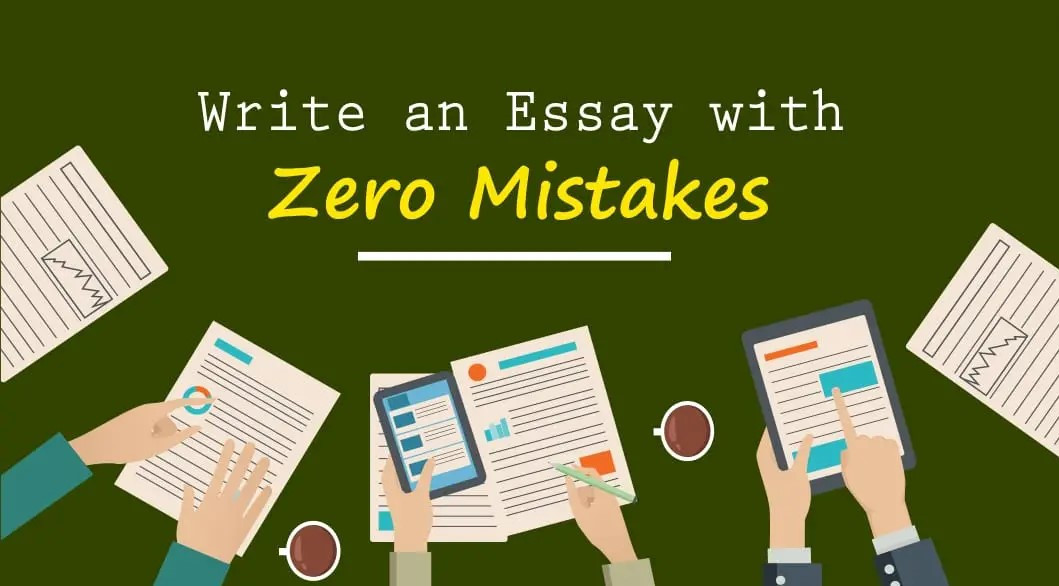
Mastering the Art of Writing Error-Free Essays
Freelancer Tips
Here’s a comprehensive guide to help you craft a flawless piece:
1. Understand the Prompt
- Read Carefully: Understand every aspect of the prompt to ensure your essay addresses all parts.
- Clarify Doubts: If you're unclear about any part, seek clarification before you start.
2. Research and Plan
- Gather Information: Research your topic using credible sources to gather relevant information.
- Create an Outline: Plan your essay structure (introduction, body paragraphs, conclusion) to organize your thoughts and arguments.
3. Write the First Draft
- Introduction: Start with a hook, provide background information, and end with a clear thesis statement.
- Body Paragraphs: Each paragraph should cover a single point supporting your thesis. Use evidence and examples to back up your points.
- Conclusion: Summarize the main arguments, restate the thesis in light of the evidence presented, and provide a closing thought.
4. Focus on Language and Clarity
- Use Clear Language: Avoid jargon and complex vocabulary unless necessary.
- Be Concise: Remove unnecessary words or phrases.
- Vary Sentence Structure: Mix simple, compound, and complex sentences to keep your writing engaging.
5. Check for Consistency and Flow
- Transitions: Use transitional words and phrases to connect ideas and paragraphs smoothly.
- Consistency: Make sure your point of view, tense, and tone are consistent throughout the essay.
6. Revise and Edit
- Take a Break: Step away from your essay before revising to look at it with fresh eyes.
- Revise for Content: Ensure your essay fully answers the prompt and your arguments are logical and well-supported.
- Edit for Grammar and Punctuation: Check for spelling, grammar, punctuation, and formatting errors.
- Peer Review: Have someone else read your essay to catch mistakes you might have missed.
7. Final Checks
- Plagiarism: Ensure your essay is original and properly cites sources.
- Read Aloud: Reading your essay aloud can help catch awkward phrases and errors you may have missed.
- Formatting: Ensure your essay meets any required formatting guidelines.
Tools and Resources
- Grammar Checkers: Tools like Grammarly or Hemingway App can help identify and correct grammatical errors.
- Online Databases: Use academic databases for reliable sources for your research.
- Essay Templates: If you’re unsure how to start, templates can provide a basic structure to build upon.
Conclusion
An error-free essay requires meticulous planning, drafting, and revising. By following these steps and paying close attention to detail, you can improve the quality of your writing and effectively communicate your ideas. Remember, writing is a process, and with practice, your skills will continue to improve.
Share:
